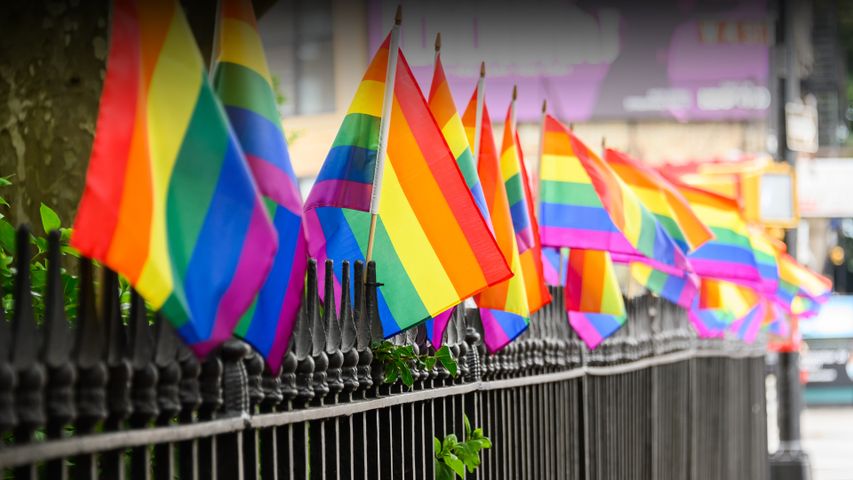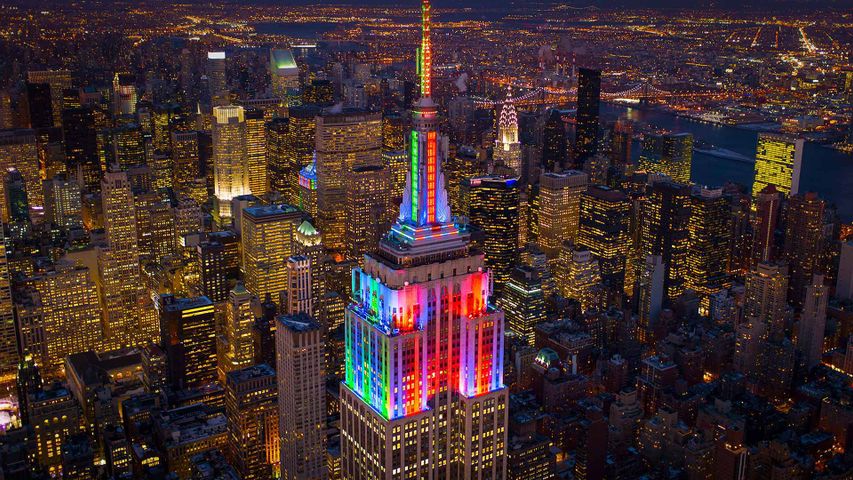Rainbow flags at New York Pride, United States
© Alan Schein/Getty Image
The riot that lit the rainbow. Anniversary of the Stonewall Uprising
In the early hours of June 28, 1969, a police raid at the Stonewall Inn in New York's Greenwich Village met unexpected resistance. Fed up with years of harassment, LGBTQIA+ patrons fought back. What followed was six days of unrest—and the start of a movement. Led in part by trans activists like Marsha P. Johnson and Sylvia Rivera, the uprising challenged not only police brutality but society's silence. Stonewall wasn't the beginning of queer existence, but it was the moment people said 'no more' loud enough to be heard worldwide. Today, Stonewall stands as a symbol of resilience. It reminds us that Pride began with bricks, not branding. So, as rainbow flags wave each June, remember the power of resistance—and that the first Pride was a riot with a cause.
India's relationship with LGBTQIA+ identities stretches back to ancient times, woven into its cultural and spiritual fabric in ways that differ from modern Western perspectives. Early references to homosexuality and trans identities were often neutral or even accepting—appearing in texts like the 'Nāradasmṛti,' a medical treatise, and the 'Pali Canon,' a collection of moral and legal codes. In contemporary times, especially in urban India, there has been a growing wave of acceptance and visibility, allowing LGBTQIA+ communities to reclaim their place in both history and modern society.
Related Images
Bing Today Images
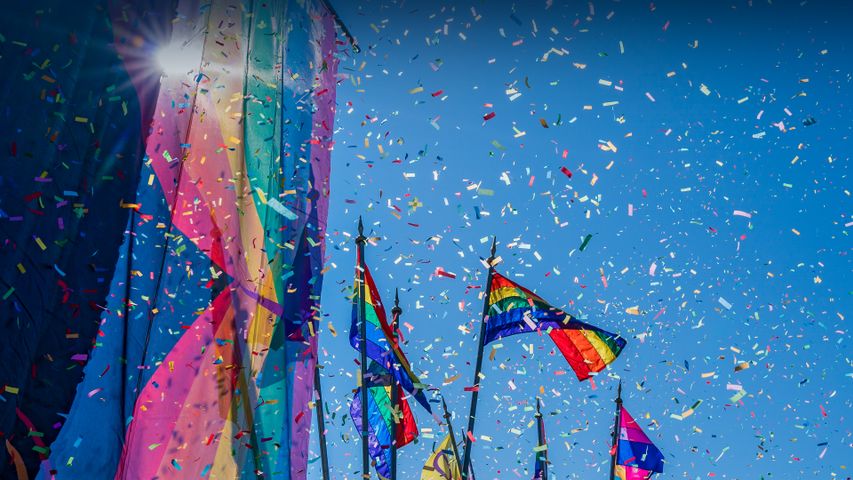
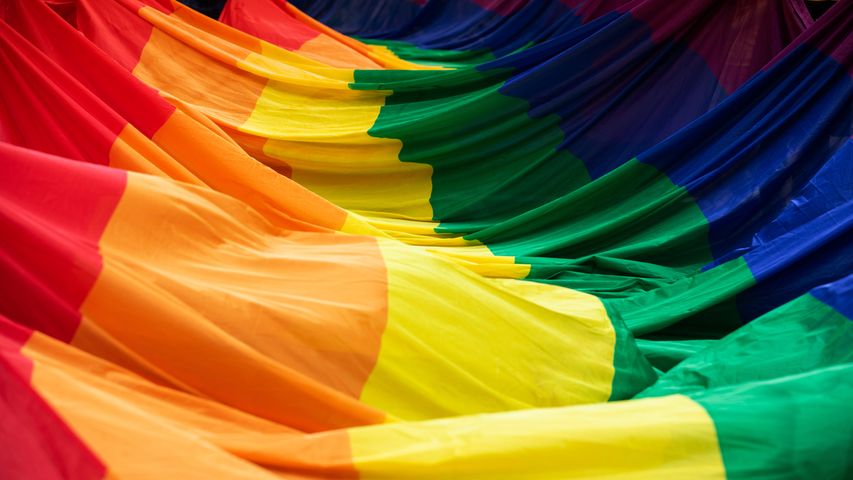


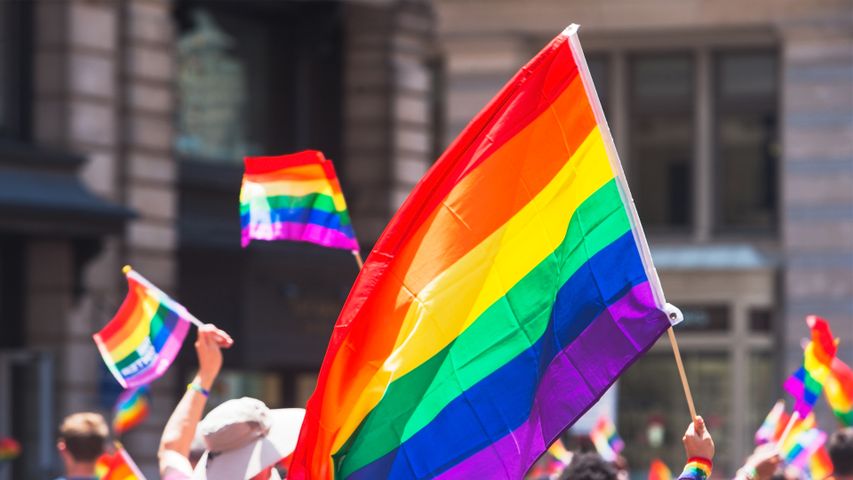
 Adelaide International Kite Festival, Australia
Adelaide International Kite Festival, Australia
 Colourful kites in Ahmedabad, Gujarat, India
Colourful kites in Ahmedabad, Gujarat, India
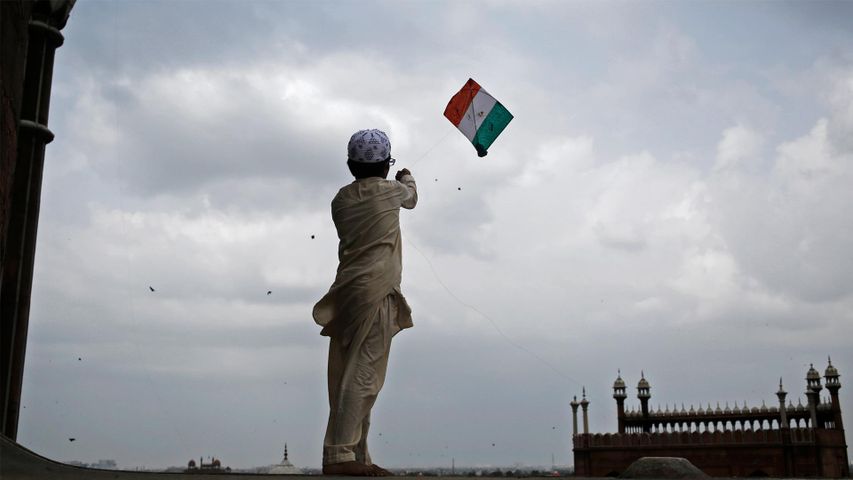 A boy flies a tricoloured kite at Jama Masjid, Delhi
A boy flies a tricoloured kite at Jama Masjid, Delhi
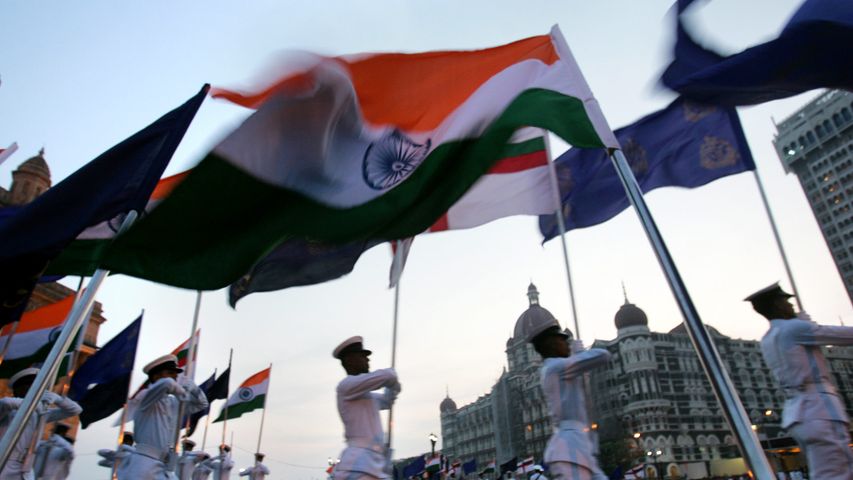 Navy Day celebrations at Gateway of India
Navy Day celebrations at Gateway of India
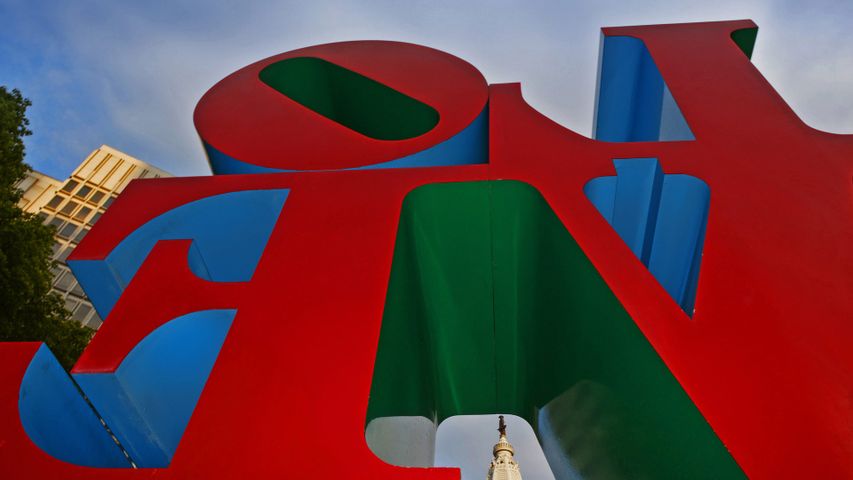 Friendship Day in the City of Brotherly Love
Friendship Day in the City of Brotherly Love
